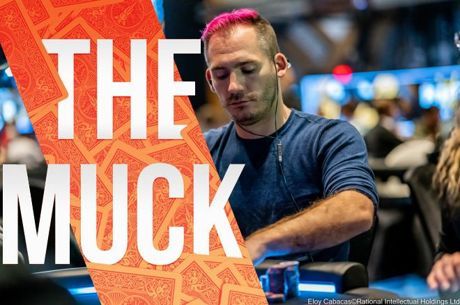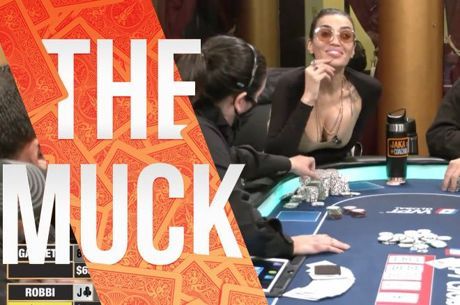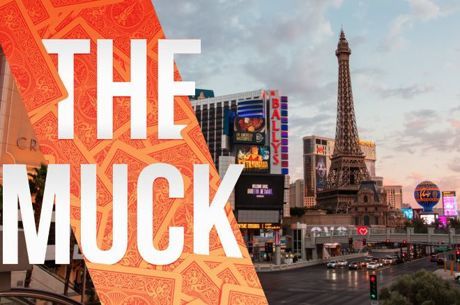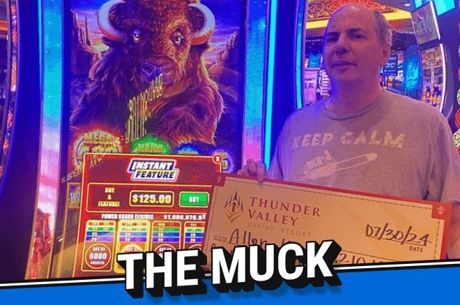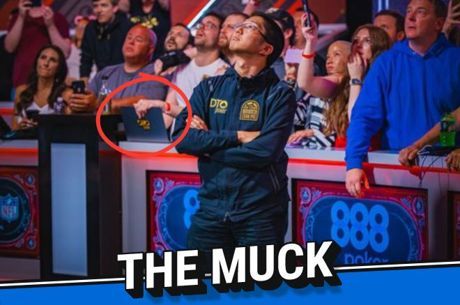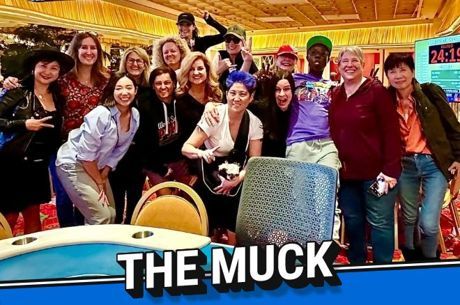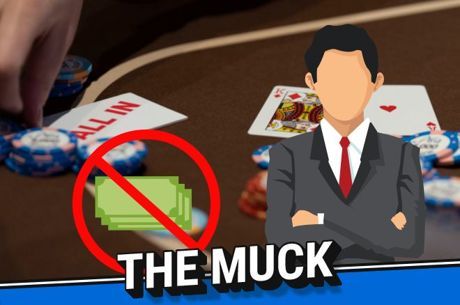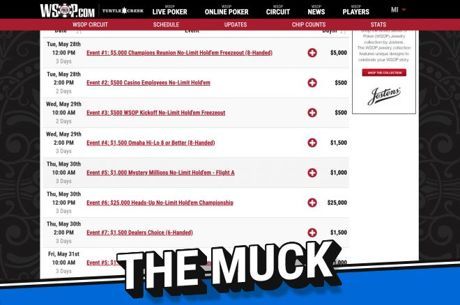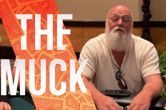The Muck: Does Players Selling Action Impact a Poker Game?
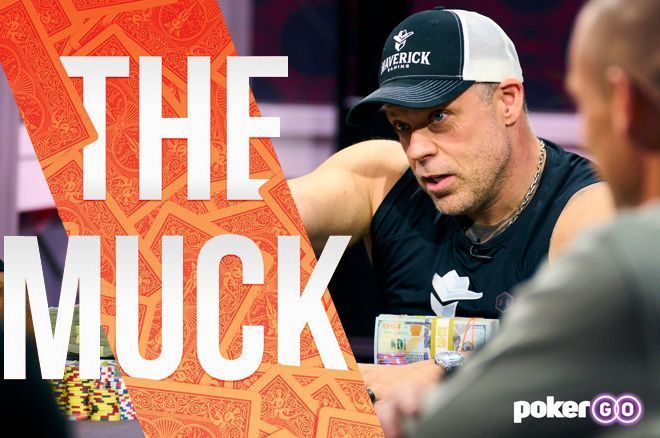
Table Of Contents
Doug Polk admitted on social media that he's considering selling some of his action in the upcoming $1 million buy-in games on Hustler Casino Live. That sparked some debate as some claimed that selling pieces impacts the way a backed player plays, while others argued that poker players should only play a certain game if they can afford the entire buy-in.
Eric Persson, who will also be in those historic cash games at Hustler Casino in Los Angeles from May 26-30 gave his thoughts on Polk's decision to possibly sell action. His response is the basis behind our newest edition of The Muck.
@DougPolkVids Anyone who doesnt think beink staked matters, or changes approach to actual game play should reread Doug's post.
— Eric Persson (@IAmMaverick888)
Confusing Staking with Selling Action
Rob Yong, also scheduled to play in the $1 million games, agreed with Persson that "being staked impacts the game." But Polk jumped in to clarify the difference between being staked and selling action.
@rob_yong_ @IAmMaverick888 Selling pieces and being staked are fundamentally different and you guys constantly lump�� https://t.co/KLDl8MC8ja
— Doug Polk (@DougPolkVids)
Being staked, as Polk explained, means that a player either has no or little skin in the game, whereas a player selling action will typically still have plenty of skin in the game. It's common in tournament poker for players, even the top pros in the world, to sell pieces, and it's also common for players to find a staking arrangement with a backer.
Yong and Persson, however, argued that the semantics don't matter. In Persson's mind, he believes that his large bankroll is "the great equalizer" against, by his own admission, a more skilled player like Polk. The Maverick Casinos owner thinks he'll have more of an edge if a pro like Polk is playing under more pressure, which could happen if he were in for the full $1 million buy-in on his own dime.
Persson has become a regular in the highest stakes live-streamed shows such as Hustler Casino Live and High Stakes Poker. He's always one of the wealthiest players in the game, and that likely gives him an edge as he can fire away large bluffs without fear of being stacked.
Polk Defends Selling Poker Action
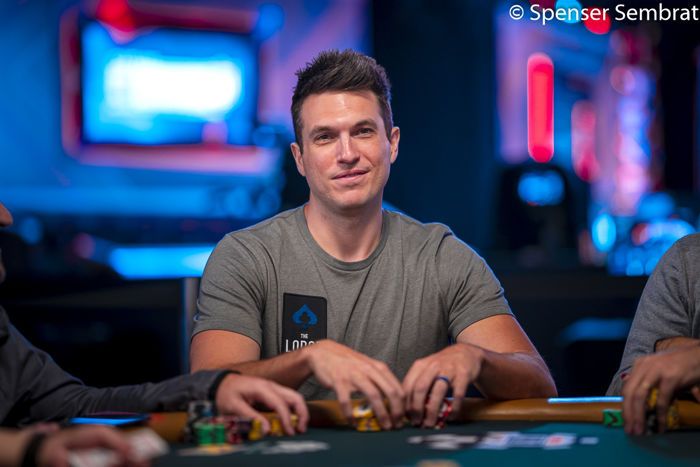
Polk took offense to the notion that selling action impacts the game. He defended his decision to contemplate selling pieces of his buy-in by writing, "You have a set bankroll. Sometimes games are bigger than your bankroll. To offset this, most of the best players in the world will sell pieces to make the game appropriately sized."
The upcoming Hustler Casino Live game will be the biggest live-stream poker cash game in history. With rebuys and add-ons in the mix, it's conceivable there will be $15 million on the table at some point during the five sessions. Even though Polk is likely the most skilled player in those games, variance will play a role in determining the outcome of one or a few sessions. One bad cooler or misstep and it could cost any of those players $1 million or more.
For Persson, and some others at the table, that might not be a huge deal even if they have 100% skin in the game. But some of the players will feel it more if they get stacked.
Still, there are no rules against being backed or selling action on Hustler Casino Live or most other games. Polk is doing something that is common practice at all levels of poker, even in low-stakes games. He used a historic example to defend his decision.
At some point, games are good to play in but they are too large to take all of yourself responsibly. I am tired of�� https://t.co/O2SVL8oUvF
— Doug Polk (@DougPolkVids)
"The Corporation" was a group of top pros such as Todd Brunson, Jennifer Harman, and Phil Ivey who put their money together to battle billionaire amateur poker player Andy Beal heads-up in some seven-figure matches in Las Vegas during the 2000s.
Beal was at a significant disadvantage in terms of skill against every member of The Corporation. But he had the bankroll advantage, which is why none of the players were willing to play him on their own. Instead, they pooled their money together and took turns battling the banker. In the end, The Corporation won millions of dollars including one session in which Brunson reportedly won $5 million.
"This is an example of one of those players who sold pieces," Polk wrote above a picture of Ivey, considered by many to be the best poker player of all-time.
Doug Polk, Charlie Carrel Saga Just Took an Unexpected Turn for the Better
What the Poker Community has to Say
Many poker players and fans chimed in to give their two cents on the staking/backing issue. Is it bad for the game? Does it impact the game as much as Persson and Yong claim? Or is Polk right in that it's an acceptable practice? Let's see what the poker community had to say.
"My prob with action selling/buying. Not enough transparency for how much or who has action and trust is a huge issue. Can lead to overselling where desperate humans with bills to pay/debts make bad decisions/run ponzis. Need someone to design a public site for % verifications," Matt Salsberg wrote.
"Selling pieces to players not in the game should be fine. But selling pieces of yourself to other players in the game is a problem. It's even worse if you trade pieces with another player in the game. That's because it can affect the probability distributions of the hands in play," according to Mason Malmuth.
@CamzillaPoker @DougPolkVids It��s not being scoffed at. @IAmMaverick888 @limonpoker & @rob_yong_ are saying it shou�� https://t.co/PM03KVs5GH
— LEGION | b33njammin80 (@b33njammin80)
"The main issue is disclosure. There are many ways that external financial arrangements have the potential to distort play in a way that disadvantages unaware players. Ethical players should err on the side of disclosing if there is even the slightest chance it is material," @tonycoxphoto argued, similar to that of Malmuth's take.
"The biggest issue with this debate is it's being driven by people who are heavily involved in various businesses. Why is getting investment to risk capital in a poker game different from selling pieces in a business?" a valid point made by @gustheoryoptiml.
Ethan "Rampage" Yau, another play who will be competing in the $1 million game, had Polk's back. The popular poker vlogger responded: "You��re stronger willed than I trying to explain to the masses why selling isn��t a bad thing."
Rampage has often sold pieces of his action to his fans for the high-stakes games he plays, including the big game coming up later this month. Some poker pros such as Rampage, those who have large followings, often sell pieces so their followers can have a little sweat. Daniel Negreanu, for example, sells action to his fans for his World Series of Poker (WSOP) package.
There isn't much of an uproar when Negreanu sells WSOP action, or when Rampage sells pieces for various tournaments and cash games. But Persson wants his opponents to be fully invested in the game so he'll have an edge even against more skilled players.

